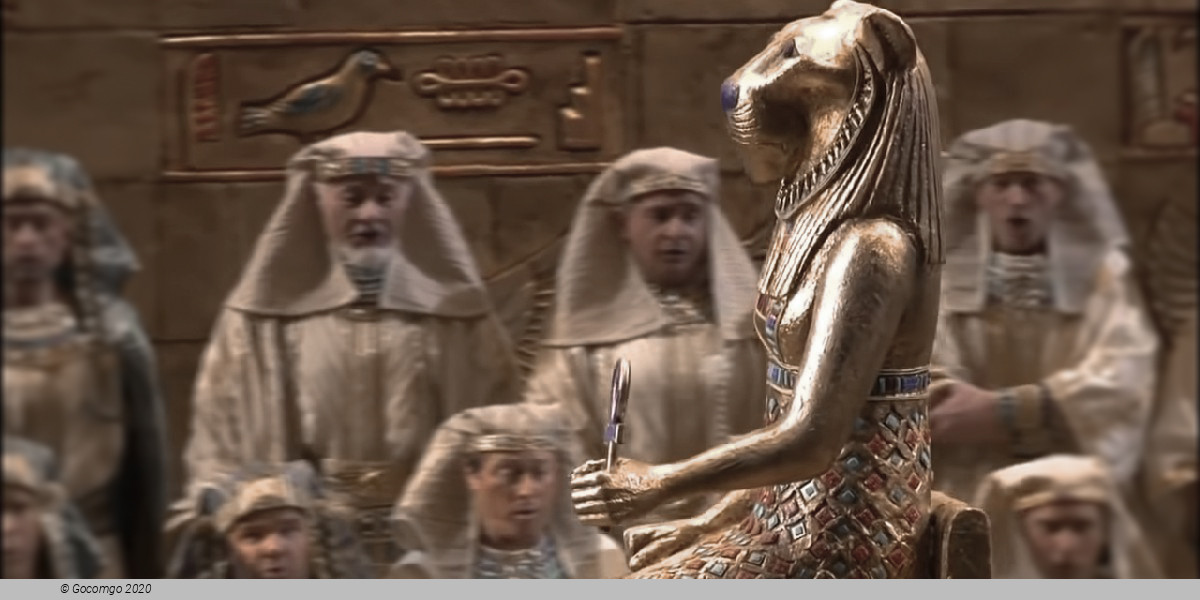Events73 results
About
François Auguste Ferdinand Mariette (11 February 1821 – 18 January 1881) was a French scholar, archaeologist and Egyptologist, and founder of the Egyptian Department of Antiquities (later Supreme Council of Antiquities).
Early career
He was born in Boulogne-sur-Mer, where his father was town clerk. Educated at the Boulogne municipal college, where he distinguished himself and showed much artistic talent, he went to England in 1839 when eighteen as professor of French and drawing at a boys' school at Stratford-upon-Avon. In 1840 he became pattern-designer to a ribbon manufacturer in Coventry, but he returned the same year to Boulogne, and in 1841 took a degree at the University of Douai. Mariette proved to be a talented draftsman and designer, and he supplemented his salary as a teacher at Douai by giving private lessons and writing on historical and archaeological subjects for local periodicals.
Meanwhile, his cousin Nestor L'Hote, the friend and fellow-traveller of Champollion, died, and the task of sorting his papers filled Mariette with a passion for Egyptology. Largely self-taught, he devoted himself to the study of hieroglyphics and Coptic. His 1847 analytic catalogue of the Egyptian Gallery of the Boulogne Museum got him a minor appointment at the Louvre Museum in 1849.
First trip to Egypt
Entrusted with a government mission for the purpose of seeking and purchasing the best Coptic, Syriac, Arabic and Ethiopic manuscripts for the Louvre collection so that it retained its then-supremacy over other national collections,[a] he set out for Egypt in 1850.
After little success in acquiring manuscripts due to inexperience, to avoid an embarrassing return empty-handed to France and wasting what might be his only trip to Egypt, he visited temples and befriended a Bedouin tribe, who led him to Saqqara. The site initially looked "a spectacle of desolation...[and] mounds of sand" (his words), but on noticing one sphinx from the reputed avenue of sphinxes, that led to the ruins of the Serapeum at Saqqara near the step-pyramid, with its head above the sands, he gathered 30 workmen. Thus, in 1851, he made his celebrated discovery of this avenue and eventually the subterranean tomb-temple complex of catacombs with their spectacular sarcophagi of the Apis bulls. Breaking through the rubble at the tomb entrance on November 12, he entered the complex, finding thousands of statues, bronze tablets and other treasures, but only one intact sarcophagus. He also found the virtually intact tomb of Prince Khaemweset, Ramesses II's son.
Accused of theft and destruction by rival diggers and by the Egyptian authorities[citation needed], Mariette began to rebury his finds in the desert to keep them from these competitors. Instead of manuscripts, official French funds were now advanced for the prosecution of his researches, and he remained in Egypt for four years, excavating, discovering and despatching archaeological treasures to the Louvre, following the accepted Eurocentric convention. However, the French government and the Louvre set up an arrangement to divide the finds 50:50, so that upon his return to Paris 230 crates went to the Louvre (and he was raised to an assistant conservator), but an equal amount remained in Egypt.


